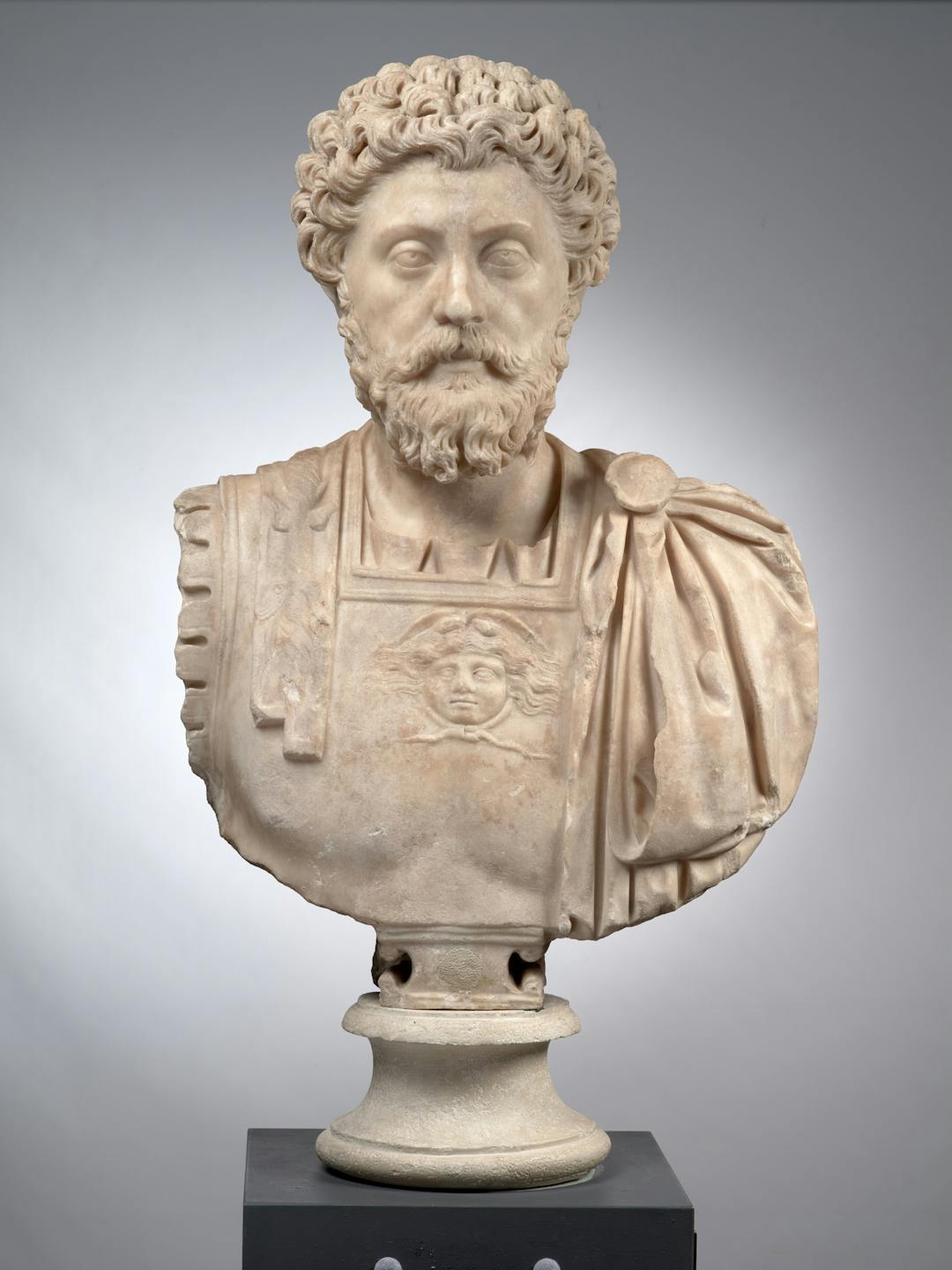Colin Camerer
Neuroeconomics Trailblazer and Pioneer of Behavioral Game Theory
Intro
Colin Camerer is a Professor of Behavioral Economics at Caltech, widely recognized as a trailblazer in the fields of Neuroeconomics and Behavioral Game Theory. Camerer’s work has been important in linking developments in the field of neuroscience with economic research in areas such as risk, self-control, and strategic choice. His research is highly experimental and uses scientific methods such as eye-tracking and neuroimaging to explain behavior and decision-making in a variety of economic field environments. Camerer’s research has been applied to economic behavior including price bubbles, market trading, and evaluations of future gains and losses. He has published over 200 papers and worked on four books, most notably Behavioral Game Theory (2003), which remains a staple textbook for students of microeconomics and behavioral economics alike.
Camerer's innovative thinking and modeling acumen are fostering an even more nuanced analysis of individual behavior and the practical policy implications of neuroscientific insights about human decision making.
On their shoulders
For millennia, great thinkers and scholars have been working to understand the quirks of the human mind. Today, we’re privileged to put their insights to work, helping organizations to reduce bias and create better outcomes.
Main Concepts/Legacies
Neuroeconomics - the psychological forces behind our decision-making.
The emerging field of neuroeconomics explores the neuroscientific processes that influence our economic decisions. Camerer’s work has been hugely influential in the field of neuroeconomics, indeed he could be described as one of the founding fathers of the field. Several of his papers are positioned as bridging the gap between neuroscience and traditional economics.
In his words, neuroscience “opens up the black box of the brain”. His experiments apply highly scientific neuroimaging methods (including SCR, EEG, and fMRI) to explain the psychological forces at play in various decision-making situations. For example, Camerer has explored how our brains react to price bubbles. He observes how hyperactivity and reward areas are dominant when prices start to increase, as do areas associated with mentalizing or thinking about other people, since we are interested in how other people in the market might behave. Once the bubble shows signs of bursting, Camerer detects increased emotional activity, specifically feelings of uncertainty or dread.
His findings challenge conventional economic assumptions of rationality and utility maximization by presenting data that shows the observed behavior of real people.
Behavioral Game Theory - how psychology and neuroscience help us understand strategy.
Arguably, Camerer’s most impactful work is found in the field of Behavioral Game Theory. He could be described as the main architect of the discipline, having literally written the book on it. His 2003 book Behavioral Game Theory: Experiments in Strategic Interaction addresses the gap between game theory’s classical view of the individual as the utility-maximizing, ‘homo economicus’, and research in how emotions and other psychological forces affect our decision-making and strategic choices. Camerer has conducted hundreds of experiments in competitive situations ranging from bargaining, bluffing, and signaling to show how people, businesses, and governments behave in strategic situations. For example, one experiment involving participants in a trivia game showed how a sense of overconfidence spurred participants to adopt strategies that were risky or not entirely ‘rational’.
A greater understanding of the thought processes and biases that affect our strategic choices carries profound implications for our understanding of broader economic phenomena such as consumption, savings, investment, and market behavior.
Historical Biography
Born in 1959, Colin Camerer was accepted to Johns Hopkins University at the age of 14, graduating three years later with a B.A. in Quantitative Studies. By the time he turned 22, he had earned an MBA in Finance and a Ph.D. in Behavioral Decision Theory from the University of Chicago.
Camerer’s research is characterized by its position at the intersection of cognitive psychology and economics. His work in neuroeconomics has brought a deeper awareness of the neural processes that impact individual economic behavior, and that of other market players. His academic career has spanned across the disciplines of business, economics, and behavioral science.
Camerer’s first faculty position was at the Kellogg Graduate School of Business at Northwestern University from 1981 to 1983. He then joined the Wharton School of Business at the University of Pennsylvania where he worked until 1991 when he moved to the Graduate School of Business at the University of Chicago. By this stage, Camerer was well-published, having collaborated with several influential figures within the field of Behavioral Economics, including Richard Thaler and George Loewenstein. In 1994 he became the Rea A. and Lela G. Axline Professor of Business Economics at Caltech, where he continues to teach and is currently the Robert Kirby Professor of Behavioral Economics.
Camerer was awarded the MacArthur Foundation Fellowship in 2013, for “expanding our knowledge of individual behavior and challenging models of human interaction that form the basis of classic economic theory.” He has also served as the President of the Society for Neuroeconomics, the Chair of the Russell Sage Foundation Behavioral Economics Roundtable, and the President of the Economic Science Association.
Today, Camerer and his group at Caltech engage in cutting-edge lab and field experiments that study the neural influences on economic decision-making. In addition to the continued use of neuroimaging tools, Camerer’s recent projects have involved the use of Machine Learning and Artificial Intelligence to build highly sophisticated models. Finally, his team is also active in the ‘Reproducibility Upgrade’, a worldwide scientific effort that seeks to correct the Replication Crisis currently faced by the social sciences.
Camerer's Quotes
“Don’t Ask the Person, Ask the Brain!”
Camerer argues that since most of our brain activity is subconscious, we cannot solely rely on an individual’s account when analyzing their behavior. We are better served by the scientific evidence provided by neuroscience, in particular, neuroimaging.
“Neuroeconomics is about 90 percent neuroscience and 10 percent economics. We’ve taken mathematical models from economics to help describe what we see happening in the brain.”
Source: https://www.chronicle.com/article/the-marketplace-in-your-brain/
“Historically economics as a profession is timid about measuring and collecting new kinds of data. This is an unfortunate contrast to scientific innovation in most other fields, where new methods and data lead the way”.
Camerer is a strong proponent of experimental economics, specifically the process of economists conducting field research and generating their own empirical data to bring a behavioral perspective to their models.
“It's like simulating earthquakes: we can over and over study a bubble, crash, bubble, crash. Then we can see mathematically if there's some regular pattern and what's going on in people's brains when prices are going up and before the crash is happening”
Source: https://quotessayings.net/authors/colin-camerer-quotes/
Papers
- Neuroeconomics: How Neuroscience Can Inform Economics,’ Journal of Economic Literature (2005)
- ‘Experience-weighted Attraction Learning in Normal Form Games,’ Econometrica (2001)
- ‘In Search of Homo Economicus: Behavioral Experiments in 15 Small-Scale Societies,’ American Economic Review (2001)
- The Effects of Financial Incentives in Experiments: A Review and Capital Labor Production Framework,’ Journal of Risk and Uncertainty (1999)
- ‘Overconfidence and Excess Entry: An Experimental Approach,’ American Economic Review (1999)
Books
Behavioral Game Theory: Experiments in Strategic Interaction. Princeton University Press, 2013.
A first-of-its-kind book aimed at bridging the gap between experimental behavioral data and mathematical theories of normal strategic behavior. An insightful read for students of behavioral economics, game theory or anyone with an interest in strategic decision-making models.
Advances in Behavioral Economics. Princeton University Press, 2003.
A collection of what Camerer believes to be the 25 most important papers on behavioral economics published since the 1990s. The book features prominent behavioral economic scholars including Daniel Kahneman, Avos Tversky, Richard Thaler, Linda Babcock and Ted O Donoghue.
Lectures/Speeches
- The 12th Annual Kenneth J Arrow Lecture, March 2020: Natural Strategic Thinking in the Lab, Brain, and Field
- Centre for the Economics of Human Development - Conference on Making Behavior Change Stick, June 2017: Behavior Change for Good
- Nudgestock 3 by Ogilvy Consulting, 2018: Neural Decoding
- TED-Ed June, 2013: Neuroscience, game theory, monkeys
- TEDxCaltech, February 2013: The Strategizing Brain
About the Author
The Decision Lab
The Decision Lab is a Canadian think-tank dedicated to democratizing behavioral science through research and analysis. We apply behavioral science to create social good in the public and private sectors.





